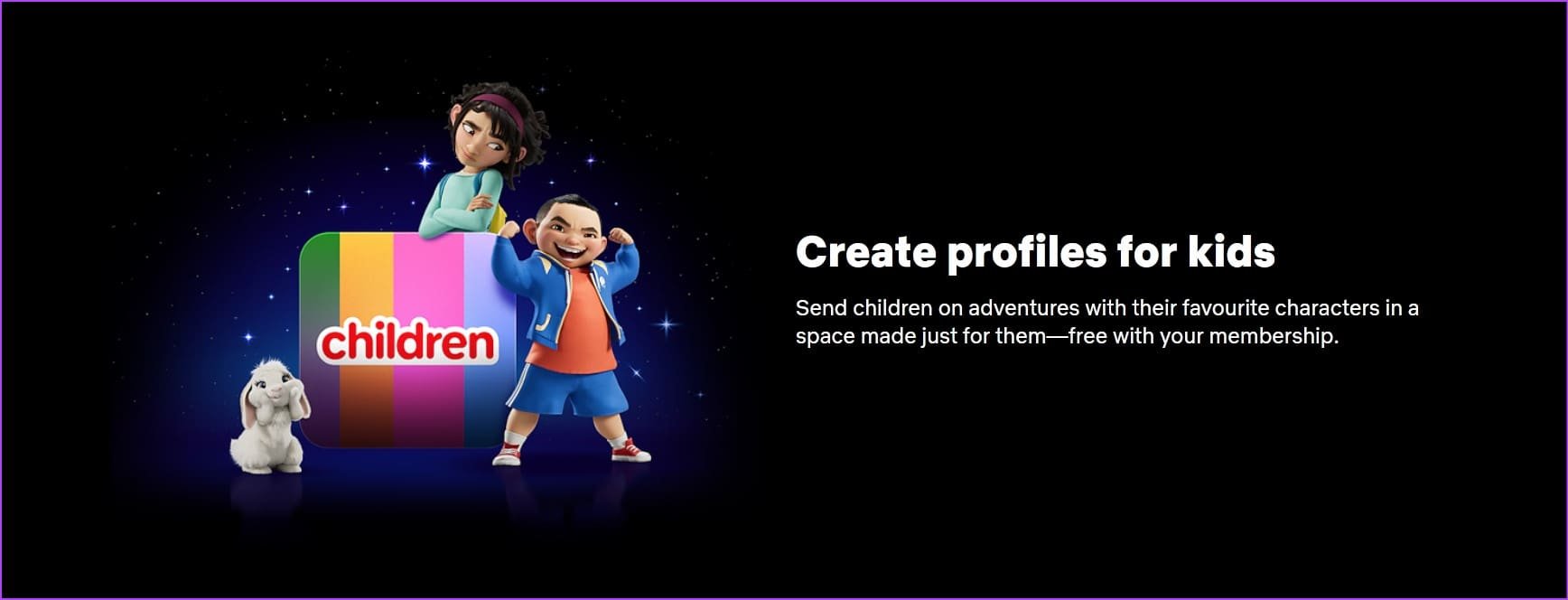5 Things You Should Know About Generation Alpha
In recent years we have been battling to understand exactly who Millennial and Gen Z consumers really are, but it’s time to take note of the youngest consumers, Generation Alpha. Generation Alpha encompasses individuals born between 2010 and 2025. The youngest members of this generation will continue to be born next year, meaning that all members are aged 14 or younger. According to McCrindle, there will be almost 2 billion Alphas in the world by 2025...making them the largest generation in history. As the cohort of the future, they cannot be ignored.
With this is mind, let’s take a look at the top 5 things you should know about Generation Alpha...
1. The First Generation as True Digital Natives
While we consider Millennials and Gen Z to have grown up in the digital era, it cannot be ignored that Gen Alpha are the first consumers to be fully integrated into all things digital from birth. Many would have no doubt made their social media debut on their first week on earth, while taking control of their parent’s phones and tablets by the mere age of 2 (if not earlier), hence the name “iPad generation”. They have grown up with algorithm-curated content, spending hours on YouTube watching different recommended videos without having to make one selection themselves. Their growing expectations when it comes to their digital experience will not halt. Generation Alpha will only shop with retailers who offer a seamless and elevated digital experience (think AI, Voice Commerce, gamification…), therefore, to win big with these future consumers, retailers must evolve their digital capabilities.
2. Physical Shopping is Not Lost on Gen Alpha
Generation Alpha may be a cohort who are extremely digitally focused however they are far from digitally exclusive. 69% of Alpha’s enjoy shopping in physical retail stores (higher than any other generation) while 63% enjoy shopping online. In 10 years’ time, 28% of Alpha’s spend is expected to be through physical retail, followed by through social commerce (15%) and an array of digital commerce channels such as websites, apps, voice assistants & subscriptions (VML). These young consumers recognise that their whole world will not revolve around the digital sphere, and they will continue to thrive on physical and human interactions. Retailers need to place the importance of the in-store experience to drive this generation into bricks and mortar stores, while expanding their channel mix to provide sophisticated digital pathways to purchase. CAMP put themselves in a pair of a Gen Alpha’s shoes to come up with a retail experience they could only dream of - they partnered with Disney to provide the world’s first Encanto immersive experience. Generation Alpha will continue to shop in physical stores, but retailers must offer an elevated experience to get them there.
3. Extraordinary Spending Power
Record breaking spending power comes with the largest generation. By 2029, more than $5.46tn (USD) will be spent on Generation Alpha, which is almost as much as millennials and Gen Z combined (McCrindle). While Alpha consumers won’t be making all the purchases themselves, 90% of parents say their children influence their purchase decisions (NRF) therefore it is important to consider the children, not just their parents. Amazon & Netflix have both captured the whole family, allowing parents to add individual profiles for their children while retaining total parental control. According to a VML study, 46% of Alpha’s have access to an Amazon Prime account, making the young consumers feel considered. As the generation piped to be the largest generation in history, retailers need to talk directly to Alpha consumers to capture their attention early.
4. The fall of the “Tween”
If it feels like the younger generations are growing up faster than ever, you could be right. They have already been faced with a disrupted childhood due to the pandemic, which has been directly linked to the decline in Australian children’s wellbeing over the past few years (Public Health, 2023). In many ways, this has accelerated the ‘growing up’ phase, with younger consumers jumping straight from ‘children-like’ to ‘adult-like’ worries, behaviours, and interests. We have also seen this trend translating into retail, with Generation Alpha’s snubbing tween stores & product ranges, instead opting to mirror their elders’ purchases. Children are acting and shopping like adults earlier than ever, with children as young as eight adding skin-care products from Sephora onto their Christmas lists, later taking to TikTok to share their feedback with followers. Retailers should consider minimising loud ‘Tween’ marketing messages, instead opting to integrate relevant products into the main collections. Saying this, retailers have a responsibility to safeguard our younger consumers, clearly marking products deemed unsafe for specific age-ranges and providing personalised education about products which are suitable for the users.
5. The Rise in Ethnic Diversity
Australia continues to become increasingly ethnically diverse with almost half of Australian’s who had at least one parent born overseas (ABS). This is a trend we expect to continue, with Generation Alpha expected to be the most diverse cohort yet. Across Australia, retailers need to do more to cater to all ethnicities by taking it a step further than running a simple marketing campaign for key events. Retailers across all categories should offer products for all considering cultural interests and the difference in physical body & skin types, introduce partnerships for every background and host events with a nod to every cultural calendar. With limited consideration for the increasing levels in ethnic diversity and the impact this could have in retail, supermarkets provide a prime example of how easy it can be to consider the culture and background for all shoppers. Considering the local shoppers for each location, Woolworths continue to lead localised marketing campaigns, introduce limited products and host in-store events for various global events such as Rosh Hashanah for the Jewish community and Lunar New Year. Travel luggage brand, July, also took the time to understand their diverse customer base. They are the only luggage brand in Australia who offer personalised Mandarin character monogramming, celebrating the Lunar New Year with free personalisation on selected dates.
Generation Alpha is an extremely complex, yet powerful and valuable cohort of consumers. They are embedded in the digital world yet recognise the importance of physical experiences, they are the most diverse of all generations and their everyday behaviour is significantly different from the older generations, shaped by their experiences so far. Whether the Alpha’s of today are your current or future consumers, it is crucial for retailers to truly understand and shape their strategies for this powerful generation of the future.
Would you like to learn how understanding your customers better can future-proof your retail strategy?






